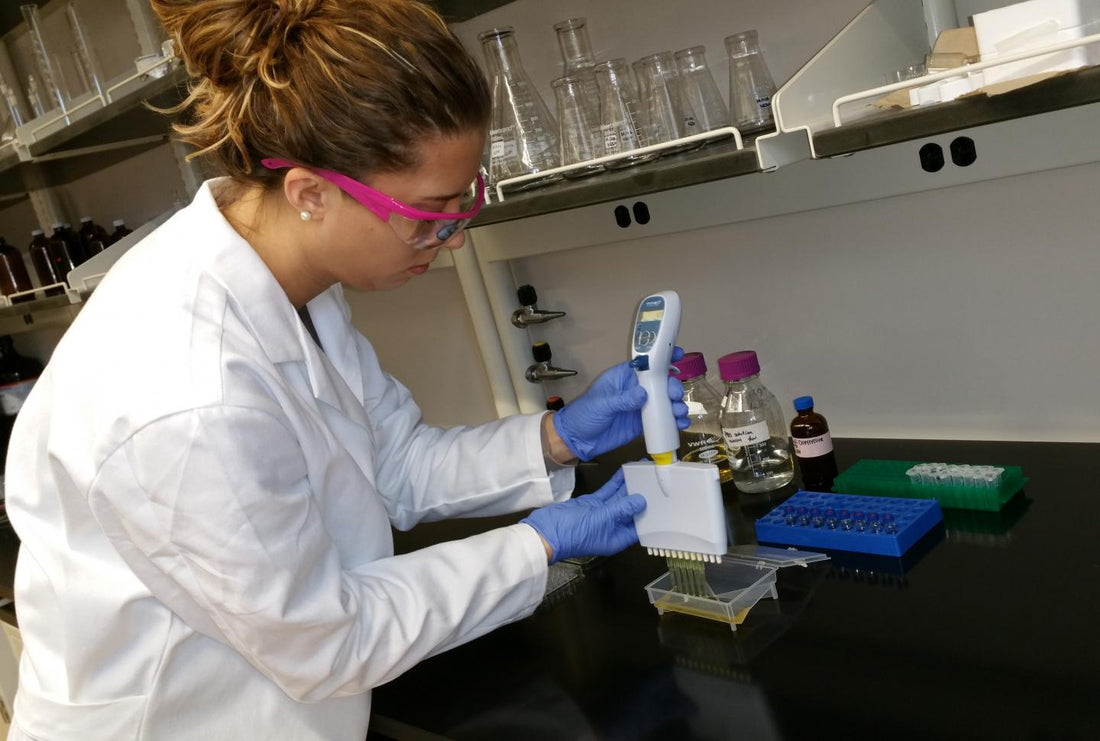
Chlorine Treatment of Wastewater May Contribute to Antibiotic Resistance
By Dan DeBaunShare
** Chlorine is a chemical commonly used to disinfect wastewater at sewage treatment plants ** Preliminary studies show that chlorine treatment at sewage plants may promote the development of new strains of antibiotics ** Results showed that when doxycycline was exposed to chlorine in treated wastewater, the antibiotic properties of their wastewater samples increased ** Strong recommendation for better methods to remove pharmaceuticals at treatment plants required, in addition to education regarding alternate means of pharmaceutical disposal
Chlorine, a chemical that is commonly used to disinfect wastewater at sewage treatment works, may fail to completely remove pharmaceuticals from wastewater that enters these plants. Consequently, trace levels of pharmaceuticals, including drugs, are continually discharged into our waterways from wastewater treatment plants.
Now, scientists report that preliminary studies show that chlorine treatment at sewage plants may promote the development of new strains of antibiotics, that could then also be released into the environment where they can in turn potentially promote antibiotic resistance.
The findings, which were presented at an American Chemical Society (ACS) Chemistry of Natural Resources exhibition being held over the course of this week, suggest that wastewater treatment facilities need to re-evaluate the methods they use to treat and disinfect wastewater prior to discharge. "Pharmaceuticals that get out into the environment can harm aquatic life, making them react slowly in the wild and disrupting their hormone systems," explains Olya Keen; adding that when organisms are exposed to more antibiotics -- even when levels are low -- antibiotic resistant microbes can develop, which can ultimately result in antibiotics being less effective at fighting human bacterial infections.
"Treated wastewater is one of the major sources of pharmaceuticals and antibiotics in the environment," says Keen. "Wastewater treatment facilities were not designed to remove these drugs. The molecules are typically very stable and do not easily get biodegraded. Instead, most just pass through the treatment facility and into the aquatic environment."
But apart from their inability to remove all pharmaceuticals from sewage, wastewater treatment plants that use chlorine during the disinfection process may actually further promote the formation of new strains of antibiotics in the water that is discharged.
Keen, together with her research team from the University of North Carolina at Charlotte, conducted a series of laboratory experiments to test this theory. The results showed that when doxycycline -- an antibiotic that is widely used across America -- is exposed to chlorine in treated wastewater, the antibiotic properties of their wastewater samples increased.
"Surprisingly, we found that the products formed in the lab sample were even stronger antibiotics than doxycycline, the parent and starting compound," Keen explains. The researchers are in the process of identifying the properties of these "transformation products", and are particularly interested in determining if these compounds are new, as yet unidentified antibiotics.
Keen suggests that for now, reducing the amount of pharmaceuticals that enter a wastewater treatment facility may be the best, if not only, solution to this problem. However, because disposal of pharmaceutical products is currently unregulated, she proposes that people should be encouraged to collect and incinerate unused drugs and other pharmaceutical products rather than simply flushing them down toilet or throwing them out with the garbage, as both these scenarios can result in increased environmental exposure, ultimately contributing to antibiotic resistance. Furthermore, this research also has implications for drinking water treatment facilities, many of which disinfect drinking water with chlorine during the treatment process. For chlorine to be effective at purifying drinking water, it needs to remain in the water distribution pipe network for hours. This prohibits the growth of microbes, but it also gives the chlorine plenty of time to interact with any pharmaceutical drugs that may be present in the water, and this interaction could encourage the formation of new antibiotic strains. RESEARCH CONTACT: Olya Keen, Ph.D. University of North Carolina at Charlotte 9201 University City Blvd. Charlotte, NC 28223-0001 Phone: 704-687-5048 Email: okeen@uncc.edu
-
Regular price $234.00 USDRegular priceUnit price / per
-
Regular price $327.00 USDRegular priceUnit price / per
-
Regular price From $367.00 USDRegular priceUnit price / per
-
Regular price From $408.00 USDRegular priceUnit price / per
-
Regular price From $451.00 USDRegular priceUnit price / per
-
Regular price From $478.00 USDRegular priceUnit price / per
-
Regular price $332.50 USDRegular priceUnit price / per
$350.00 USDSale price $332.50 USDSale

Dan DeBaun
Dan DeBaun is the owner and operator of Big Berkey Water Filters. Prior to Berkey, Dan was an asset manager for a major telecommunications company. He graduated from Rutgers with an undergraduate degree in industrial engineering, followed by an MBA in finance from Rutgers as well. Dan enjoys biohacking, exercising, meditation, beach life, and spending time with family and friends.
~ The Owner of Big Berkey Water Filters
















